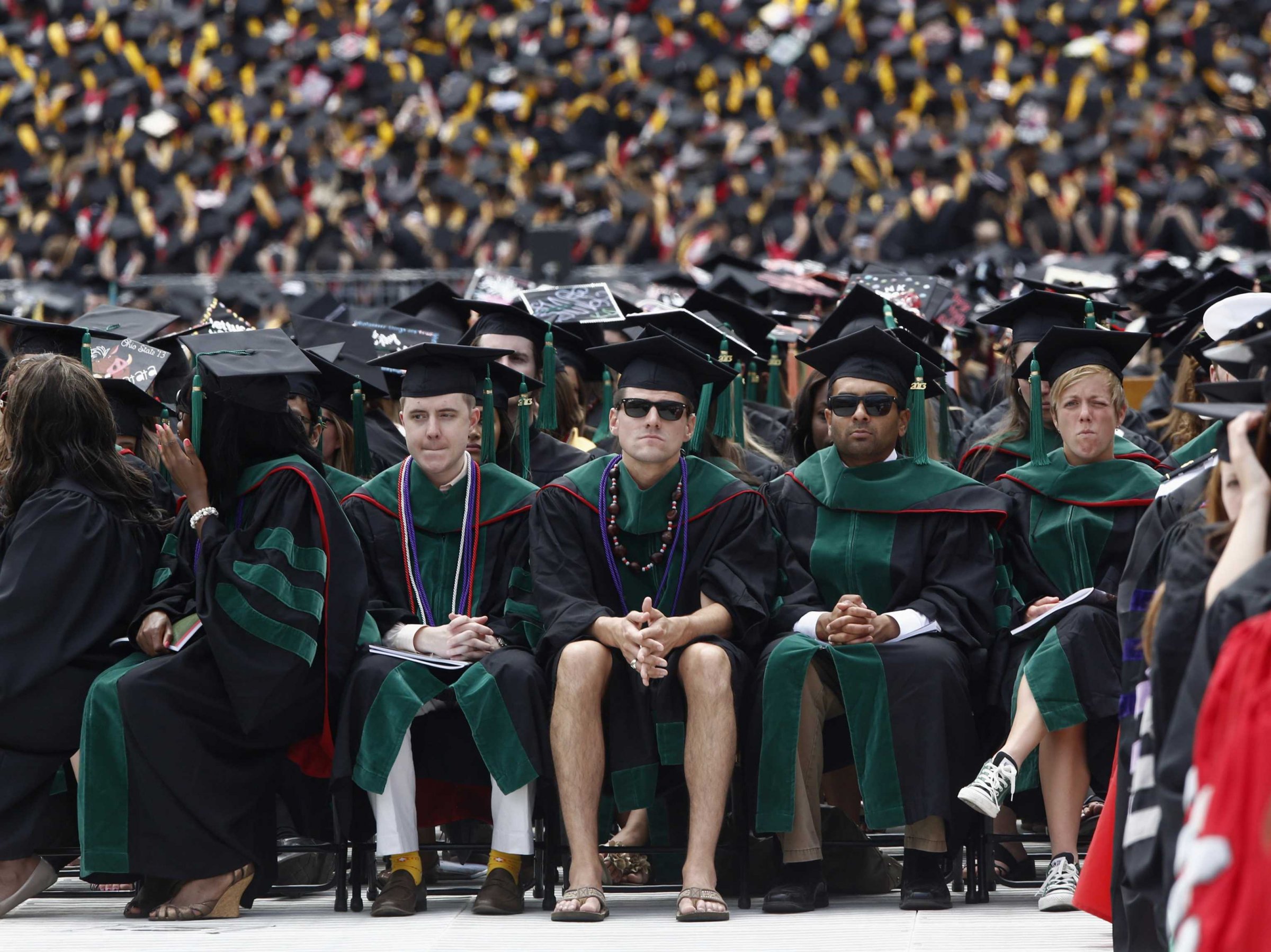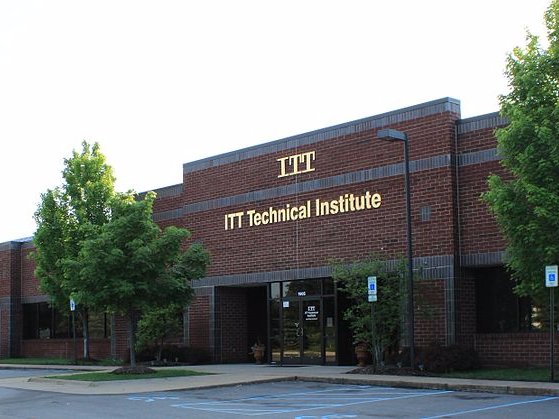
Black college students really can't catch a break. They graduate, on average, with $7,400 more in student loan debt than white grads — and then that gap triples over the following years, according to a new report from the Brookings Institution.
Four years after graduation, the difference between what white and black grads owe widens to $25,000, the researchers found, precisely at the time when students should be flourishing in the workforce and beginning to pay the loans down.
While white graduates owe about $28,000 after four years, black degree holders owe more than $52,700 on average, the study showed.
"People need to know about these numbers," said Judith Scott-Clayton, an economics professor at Teacher's College at Columbia University and the study's lead author, in a phone interview.
For-profit graduate programs appear to be part of the problem, she said, with 28% of black graduate students in a for-profit graduate institution. That compares with just 9% of white students today and just 7% of black graduates in 2004.

"Why has this massive for-profit graduate school enrollment been so racially concentrated?" Scott-Clayton said.
Now there's good evidence that in general going to graduate school pays off. In fact, the payoff may even be larger for black students than it is for white students, Scott-Clayton said.
But the racial difference in enrollment in for-profit graduate programs — as distinct from nonprofit graduate programs — is a huge "red flag," Scott-Clayton said. For-profit graduates have high rates of default and the for-profit school industry is known to be rife with problems. There's even evidence that such programs intentionally target minority students.
There are additional factors that may contribute to the widening white-black gap in student loan debt over time, Scott-Clayton explained, including the labor market — where racial wage gaps persist across education levels.
One recent report from the White House found that student loans aredemonstrably good for the economy, and default rates are down sharply for graduates of all races.
But the Brookings report shows that racial disparities are still "larger than previously understood," the authors wrote, with a serious human cost.
Because while defaults are down, they still disproportionately affect black graduates — who are three times as likely to default as white students.
Read the original article on Mic. Copyright 2016. Follow Mic on Twitter.




